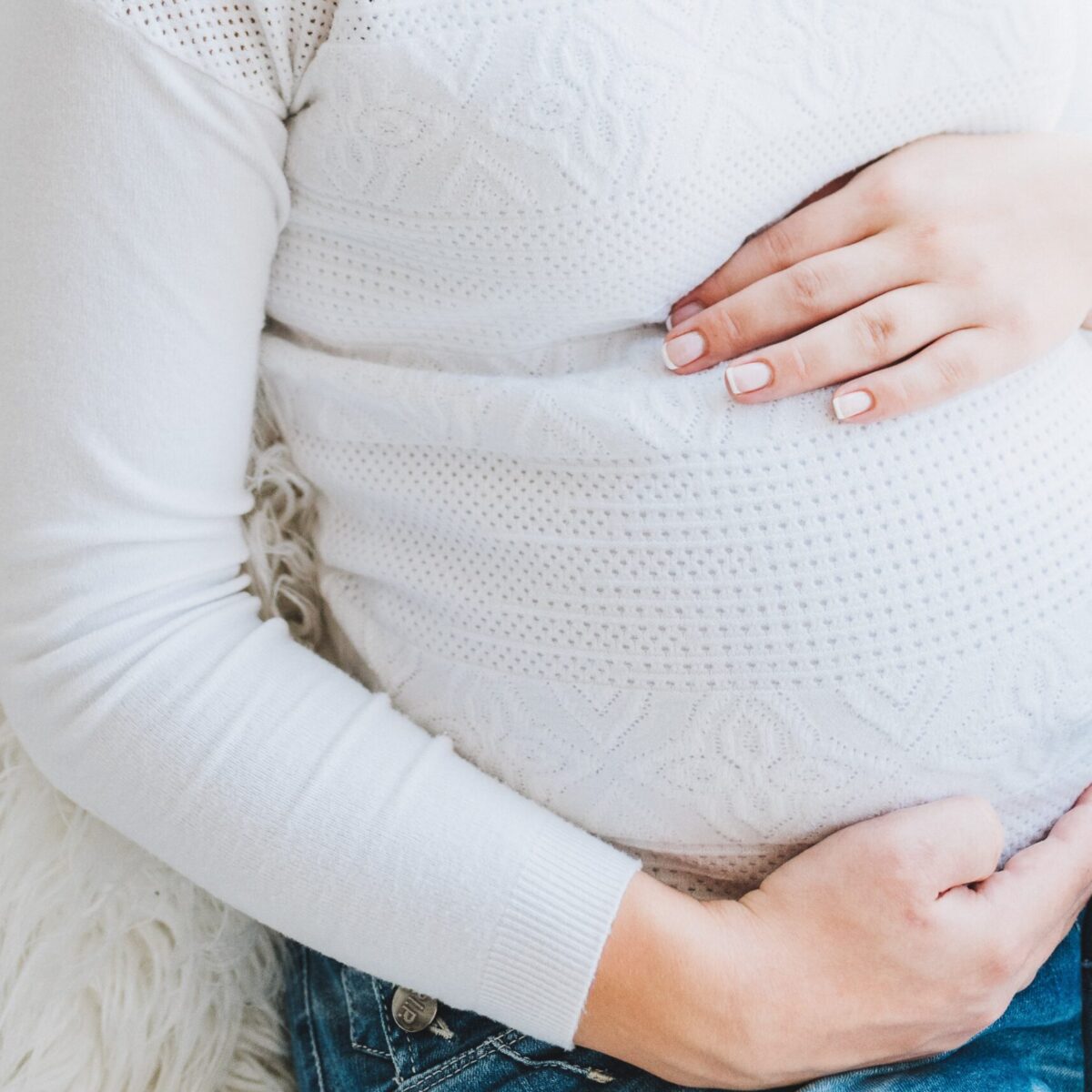Are you expecting a little one soon? Well, you may be dealing with new and uncomfortable health issues which can boil down to just being pregnant. However, there are many dental problems that can transpire during your pregnancy and can have an effect on you or your baby.
It is important to understand the problems your body and mouth may face whilst pregnant, and undertake the correct dental care to avoid these issues from occurring or having a long-term effect.
If you are looking for the most common dental issues that arise during pregnancy, read on to find out what you need to know and how you can take care of it.
Dental Changes During Pregnancy
Bleeding and swollen gums can occur during pregnancy as there is a change in hormonal levels which means your body will react differently to bacteria. If this occurs, it can lead to gum disease and significant types such as periodontitis and pregnancy gingivitis. Another common dental issue found during pregnancy is tooth decay.
Gum disease and tooth decay can affect your pregnancy as the following type of outcomes can occur:
- Pre-eclampsia
- Premature birth
- Underweight baby at birth
You may notice gums bleeding whilst brushing your teeth, eating, receding gums, bad breath and loose teeth which will need to be treated. If you are concerned about potential symptoms of gum disease, such as tenderness, redness, swollen and bleeding gums, contact your dentist for a consultation.
Recommended Dental Care During Pregnancy
It is extremely important to get treatment if you are suffering from the symptoms of gum disease and have gingivitis or periodontitis. If you don’t, it can affect the surrounding areas and result in the loss of teeth.
Undertaking treatment for gum disease is completely safe for you and your baby, as it is only a thorough deep clean of your teeth by your dentist, to remove hardened plaque or tartar.
Your dentist will also show how to clean your teeth and maintain good oral hygiene to avoid future plaque build up. Severe cases of gum disease will involve other medical and dental treatment, however, this will be determined during your first initial consultation.
Book a consultation with your dentist to get treated for gum disease today.
Preventing Dental Problems During Pregnancy
To avoid the risks of gum disease and tooth decay, make sure you are brushing your teeth and flossing at least twice a day and removing plaque completely. It can usually be found along the gum line as well as your teeth.
Fluoride toothpaste is usually beneficial in maintaining proper gum health, anti-gingivitis toothpaste and mouthwash can also be helpful if you are suffering from any symptoms.
Think about what you’re eating and drinking, and if you smoke regularly, consider quitting. If you decrease your sugar consumption and increase your intake of fruit and vegetables, this can help too and has great health benefits for you and your baby. Moreover, foods that contain fluoride can also help, this is found in black tea, seafood, raisins and powdered cereals.
Aside from reducing the risks of gum disease, it can also prevent tooth decay. It is recommended to increase how much calcium you eat or drink in order to protect your teeth and bones, which can be found in milk, cheese and plain yoghurt. Or if you can’t eat dairy products, calcium-fortified soy, almond milk, cheese and yoghurt is also beneficial.
Other Dental Care Considerations
If you are looking to get pregnant soon, seeing your dental hygienist would be beneficial to undertake any treatment needed that you may not be able to whilst you are pregnant. For more information on this, please read our guide of which dental treatments are safe during pregnancy.
If you do require a dental x-ray during pregnancy, we advise you to inform your dentist as it can be safer to wait until your second or third trimester. Modern dental x-rays carry very low risk as they use low doses of radiation which are completely safe during pregnancy, however, dental x-rays are usually not recommended during the first trimester.
Only small doses of radiation are used and do not expose the baby to radiation and your dentist will shield your abdomen and thyroid.
Painkillers are usually safe to take during your pregnancy, but always speak to your doctor before taking any new medication. Furthermore, it is important to let your dentist know about all the medications and prenatal vitamins you take, as treatments may need to be modified to account for this.
Pregnancy Dental Care
Looking to take good care of your dental hygiene during pregnancy? We recommend that you come to the practice for a thorough check-up so we can help you to have a healthy and happy pregnancy.
If you are suffering from any of the above issues, book a visit with us today or if you have any questions regarding problems with your dental health, give us a call and we would be more than happy to offer advice.
- GERD and Your Teeth: Why you should see a dentist urgently - November 24, 2024
- When a broken tooth is considered a dental emergency - November 24, 2024
- How to prevent tooth decay in children - July 9, 2024



